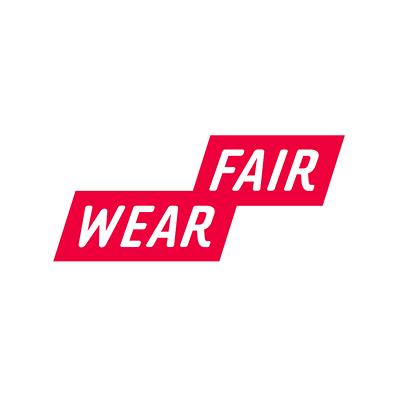This end evaluation seeks to assess the effectiveness, coherence, and sustainability of the STITCH programme’s results. The programme has been active in Bangladesh, Cambodia, India, Indonesia, Myanmar, Vietnam, and the MENA region. The STITCH consortium envisions a global garment industry that contributes to an equal and just society by respecting human rights in the world of work. Through the shared goal of an industry where garment workers (75% of whom are women) can exercise their right to freedom of association and have access to safe, dignified, and properly paid employment, the consortium works both collectively and through individual channels to influence the policies and practices of these key actor groups. The consortium is a partnership between the Dutch Ministry of Foreign Affairs; Dutch trade unions: CNV Internationaal and Mondiaal FNV; Civil society organizations: The Center for Development and Integration (CDI) Vietnam, Civil Initiatives for Development and Peace (Cividep) India; and Multi-stakeholder initiatives: Ethical Trading Initiative (ETI) and Fair Wear Foundation (lead partner).
Evaluation objectives:
This end evaluation will focus on two core objectives:
Accountability: Assess the effectiveness of the programme in achieving its intended outcomes at country and international level. It should also assess partnership collaboration efforts to achieve these results.
Learning: Provide insights to enhance future programmes and strengthen partnerships, with a focus on programmatic and partnership levels.
The evaluation will address three key DAC/OECD criteria—effectiveness, coherence, and sustainability—and also focus on STITCH’s priority themes, such as gender equality.
Requirements:
STITCH is looking for an evaluation team which is (co-)headed by or includes significant roles for consultants from South or South-East Asia. The evaluation team is expected to bring in the following expertise, track record, background and competencies:
-
Expertise on the labour rights situation in at least three of seven production areas/ countries;
-
Expertise and understanding of the work of trade unions, federations and the international trade union movement;
-
Expertise and understanding of working with Ready Made Garment brands and their supply chains;
-
Preferably (verbal and/or written) skills in some of the local languages of production countries;
-
Proven track record of undertaking multi-stakeholder evaluations with private sector actors and trade unions (preferably in garment industry);
-
Proven track record of undertaking multi-country programme evaluations;
-
On the ground presence/ consultants in all STITCH countries (except Myanmar);
-
Proven Track record of using strong methods for establishing effectiveness, both in quantitative and qualitative evaluation;
-
Understanding of and experience with Feminist PMEL methodologies (preferred);
-
Native-level fluency in English (written and spoken);
-
The evaluation team should be available from 1 March 2025.
Deliverables & Timeline:
-
Inception Report – Due May 2025
-
Data Collection and Validation Workshops – June to October 2025
-
Draft and Final Endline Report – October and November 2025
Budget:
The total budget for this end evaluation is capped at €150,000. The fees are calculated for the entire assignment, covering evaluation in all STITCH countries and at international level.
How to Apply:
Interested teams are invited to submit their proposals by
December 4, 2024. The proposal should include a motivation letter, technical proposal, work plan, team CVs, work samples, and a financial proposal. Please send your application to
mughal@fairwear.org.
Questions on this tender can be submitted by email (
mughal@fairwear.org) until 25th November 12PM CET. All questions and answers will be consolidated and distributed on 27 November to all interested parties who have sent in questions or have left their contact details at the same email address before 25th November 12PM CET. Interviews with shortlisted applicants are foreseen for 10-11 December 2024.

